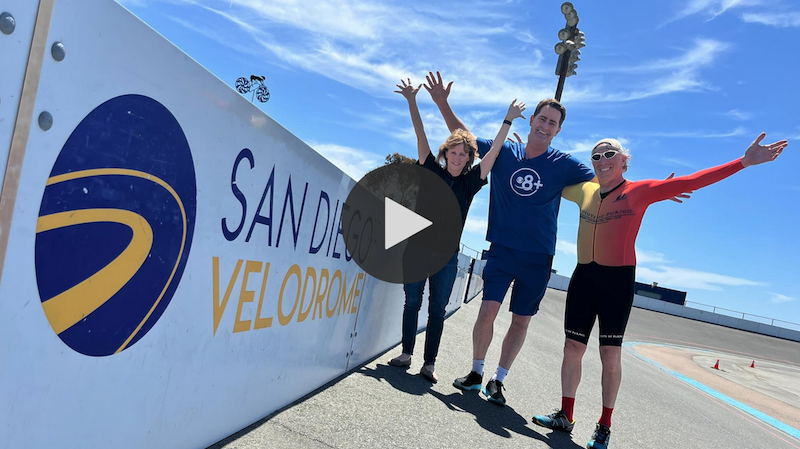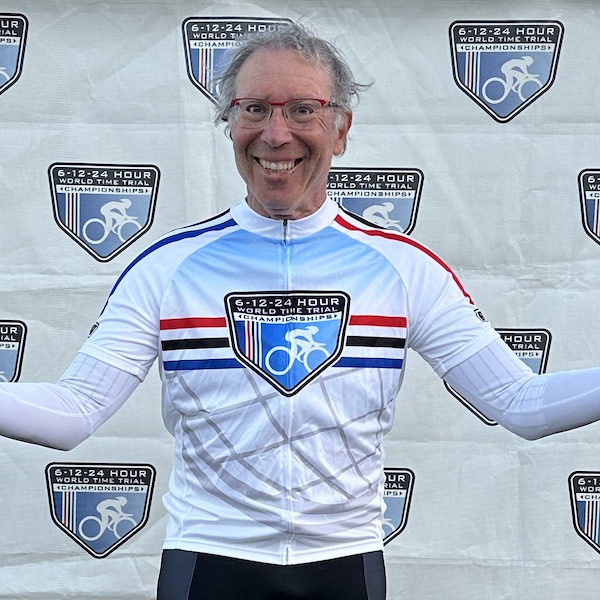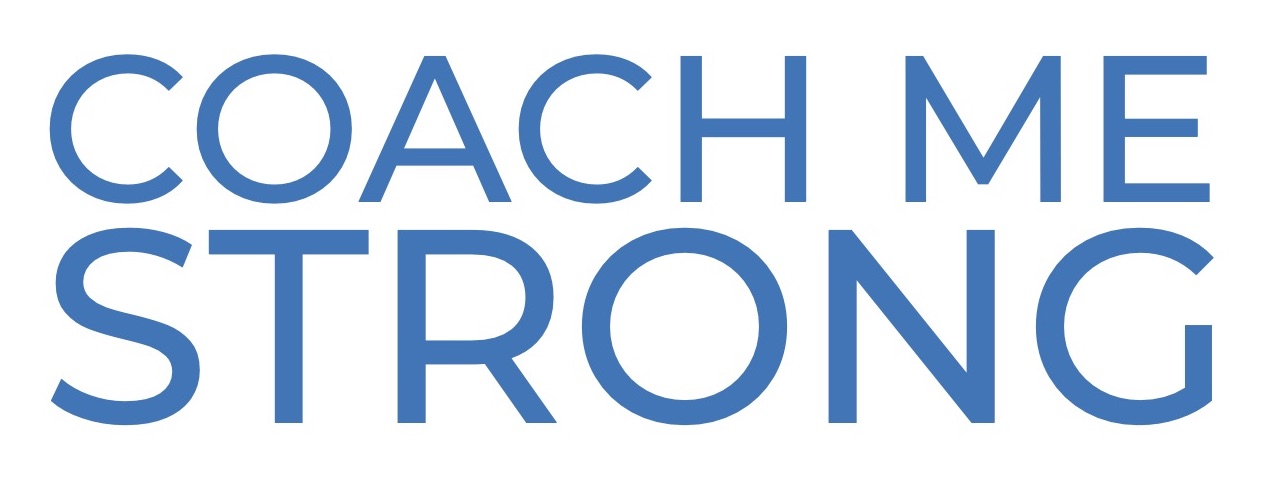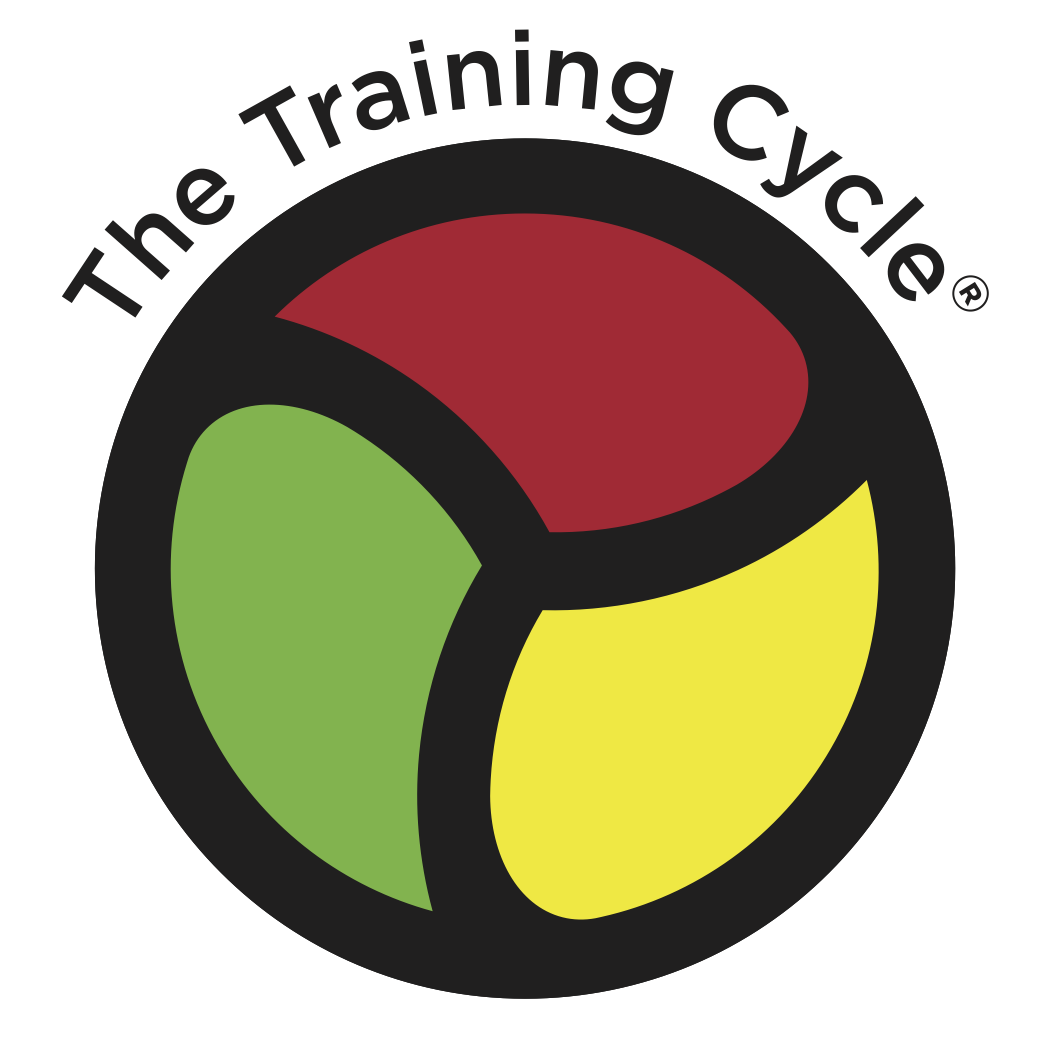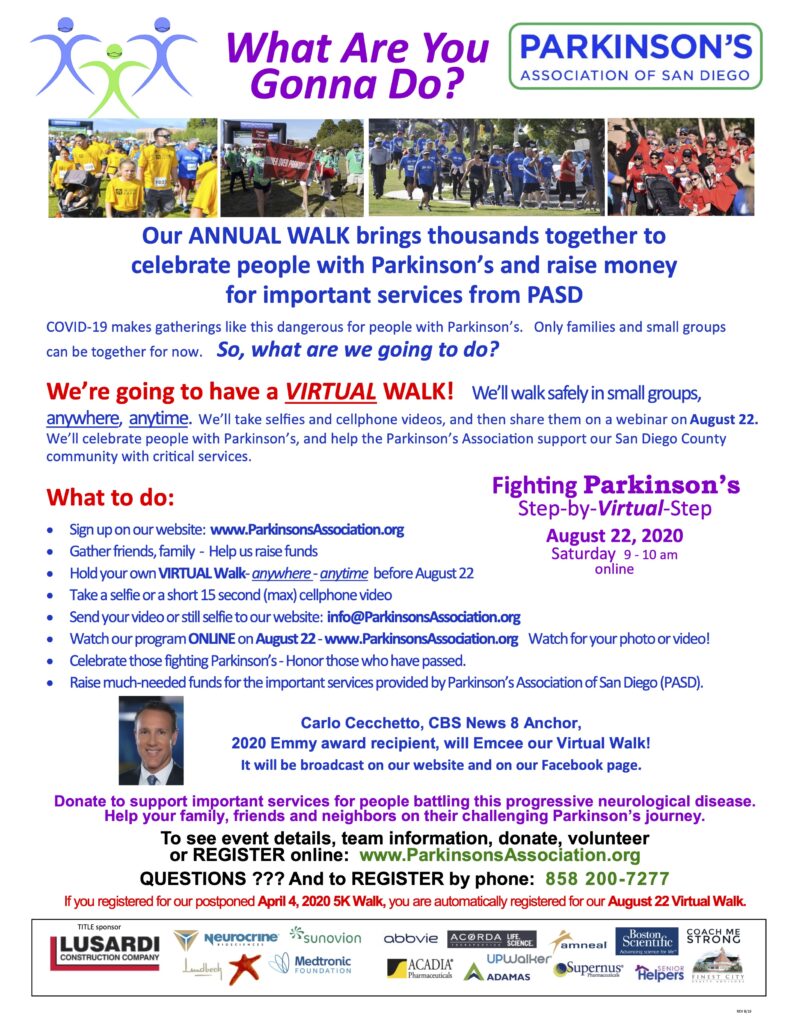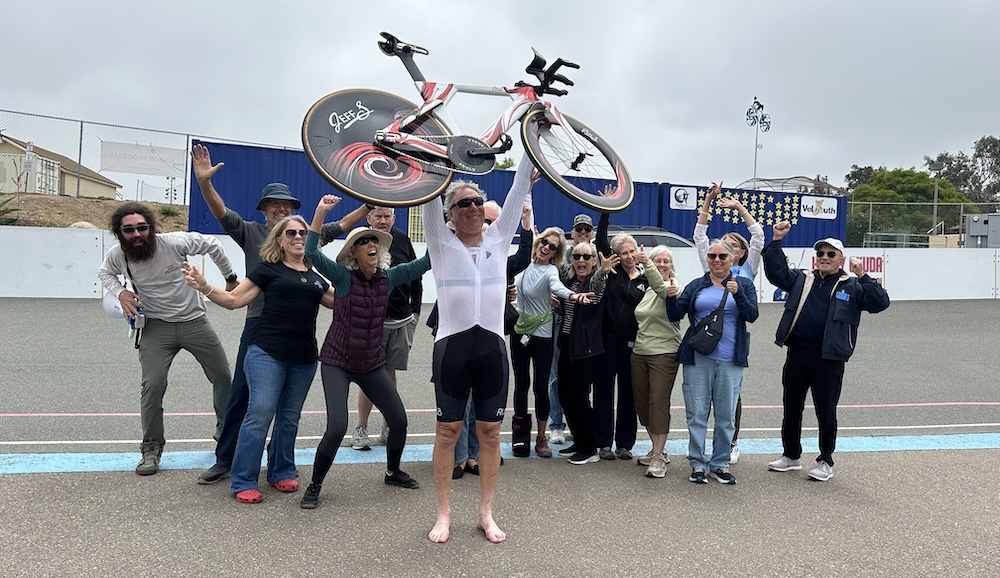
Jeff Seckendorf’s 200km World Record Cycling Challenge to Support PASD
JEFF SMASHED ALL FOUR RECORDS!
100 percent of each tax deductible donation will go to the Parkinson’s Association of San Diego to support services and education for the San Diego Parkinson’s community.
The World Ultra Cycling Association is the governing body for long distance cycling records. Jeff broke four sanctioned records in his age group, 70-74:
100km, 3:05:41, taking 38 minutes off the record
100 miles, setting it at 5:01:02
200km, 6:16:29, taking 2 hours and 8 minutes off the record
6 hours, 119.3 miles, adding 26 miles to the record
Donate Now
The Parkinson’s Association of San Diego is a California non-profit corporation and IRS 501(c)(3) public charity. Federal tax ID 33-0355142.
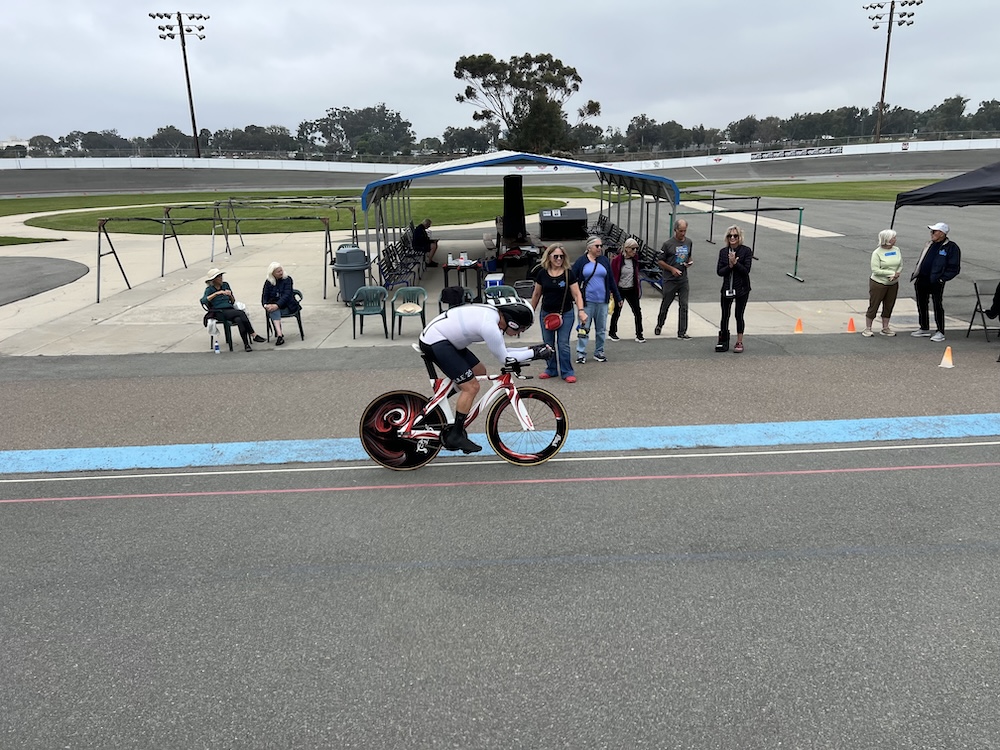
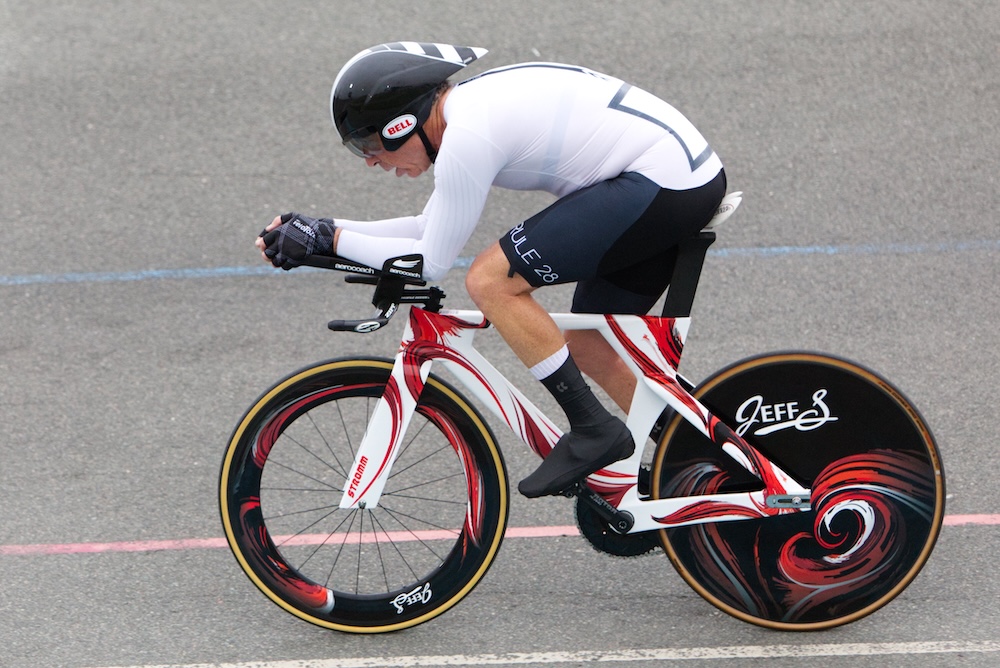
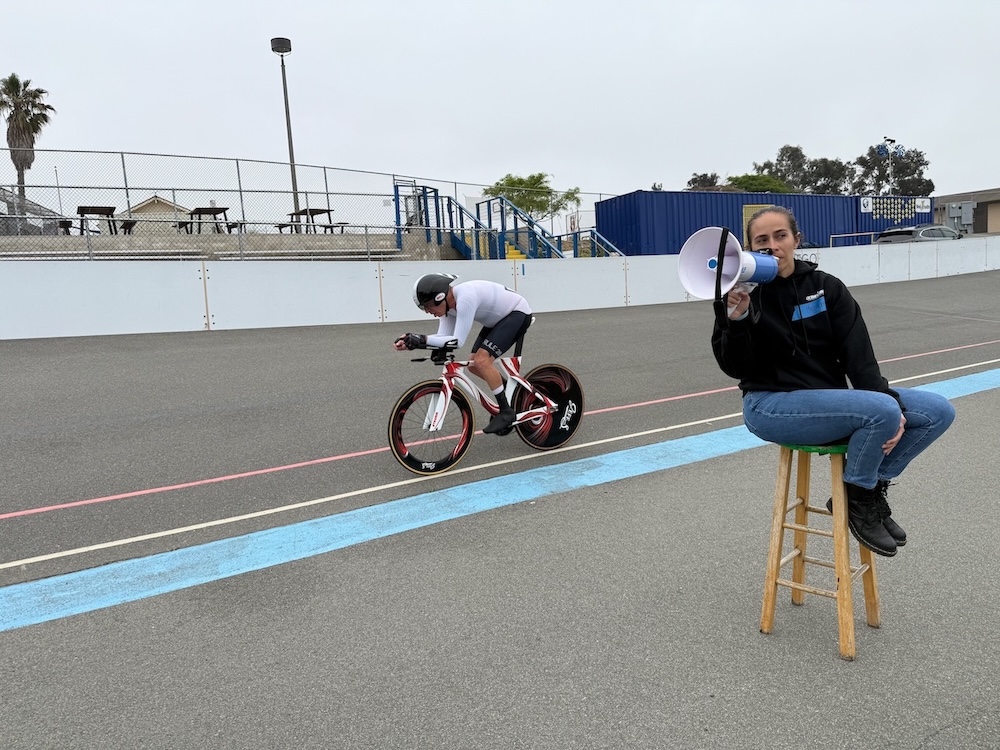
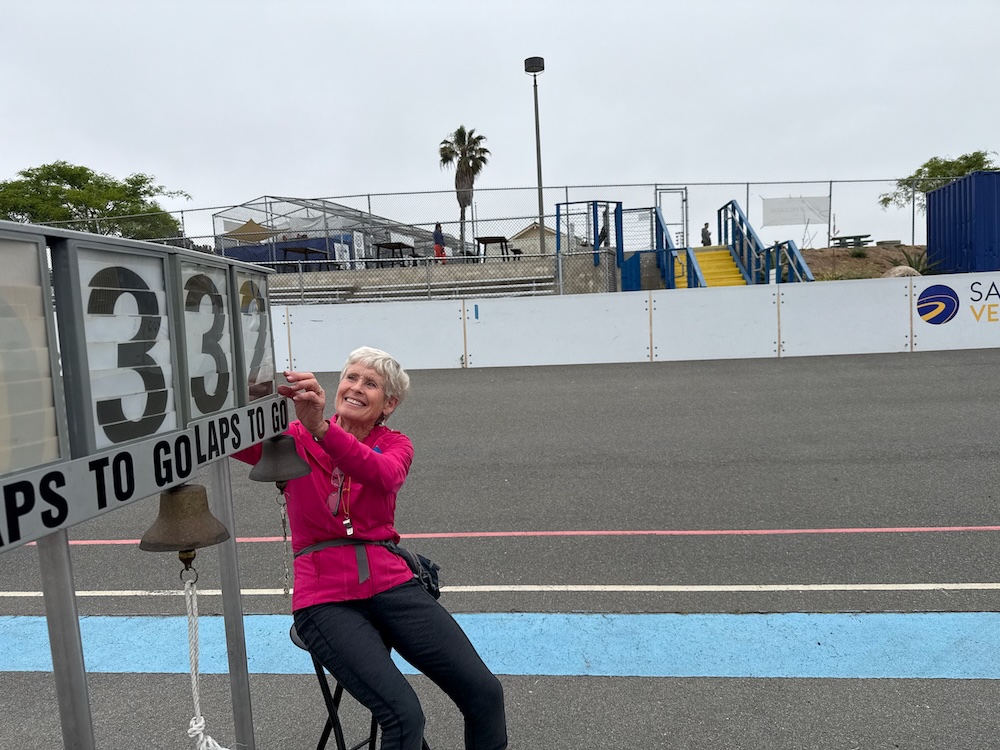
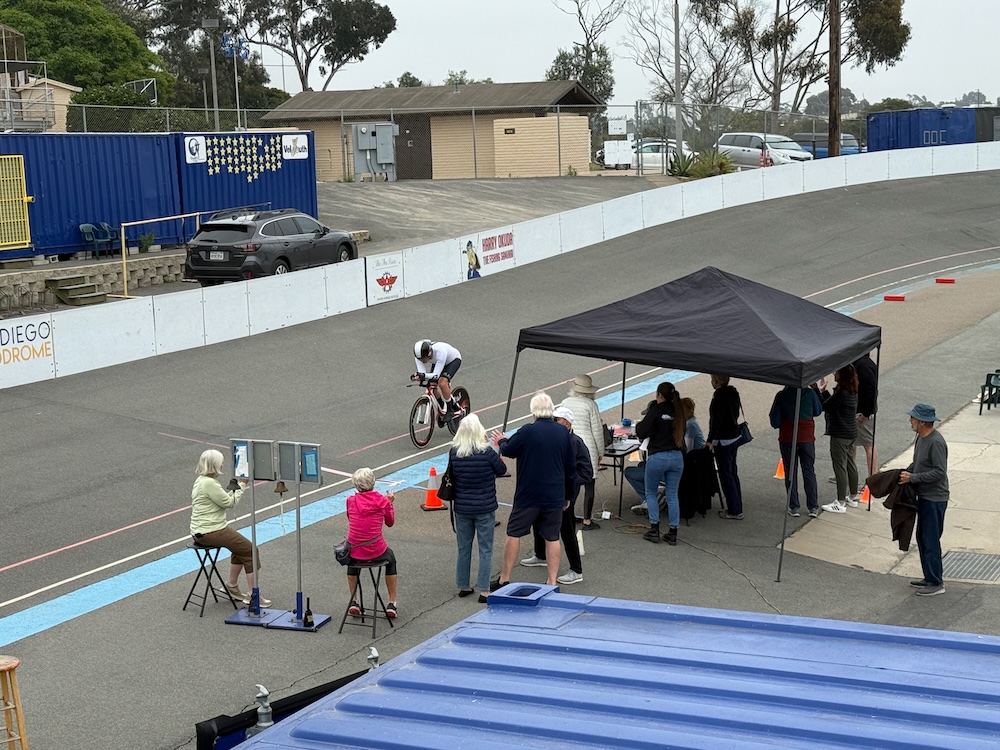
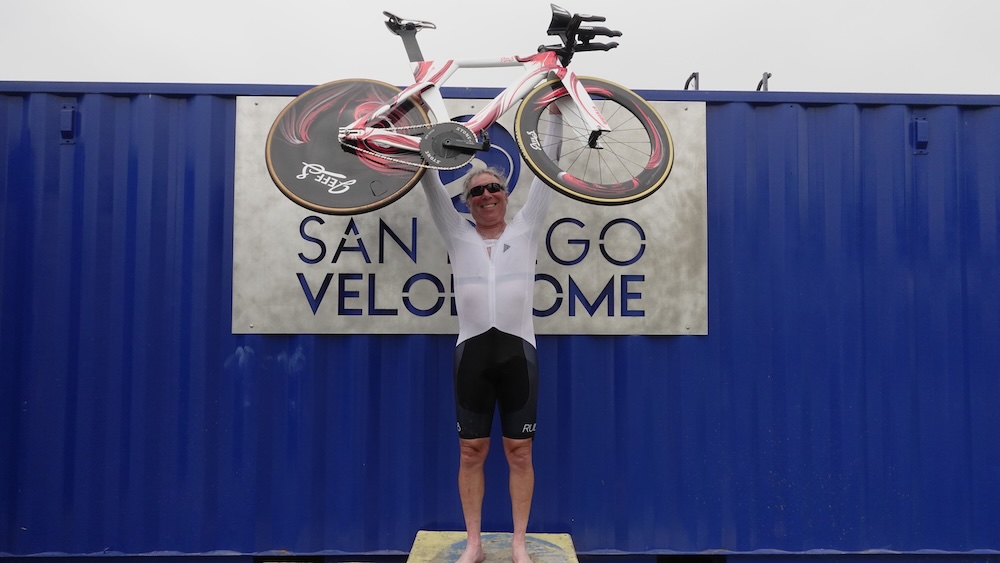
VIDEO
THE ZEVELY ZONE – Jeff Zevely’s CBS News 8 story on the ride.
Rider’s Narrative Summary
by Jeff Seckendorf
On June 11, 2025, in support of the Parkinson’s Association of San Diego, I made an attempt on four World Ultra Cycling Association records in the 70-74 age group on an outdoor velodrome, the San Diego Velodrome in San Diego, California. The records are:
100km
100mi
200km
6-hours
Having spent an inordinate amount of time on the San Diego Velodrome I knew that the start time was one of the most critical elements of the attempt, as the wind reliably picks up every day at about 10:00am. To avoid this annoying issue and it’s inevitable speed penalty, my initial thought was to start at 4:00am. However, when I started to float a 3:00am arrival with the support team, the response(s) were predictable. We all arrived at 4:00am and the start went off at 5:05am.
The setup went perfectly. In the week prior we had fully rehearsed this: the electronic timing system, the giant TV display and, most importantly, the ebike hand ups of nutrition and hydration. WUCA rules allow for hand ups for one minute each 30 minutes. My lap times were predicted at 36 to 37 seconds per lap which meant we had almost two laps to complete the feed. The ebike was ridden by Bojac Abrantes, a friend and long time track racer. The rehearsal went more smoothly than either of us could have predicted.
Conditions the morning of the ride were perfect. San Diego has a climate condition called “June Gloom.” From late May until early July the morning temperature and dew point is so close that we are covered by low clouds and mist. In the week prior to the ride every morning was wet. The day of the attempt was the first dry morning we had in weeks. A normal road attempt could have been done in wet conditions, and the San Diego Velodrome surface is asphalt, much like a road however, the painted lines on the track are like glass when wet making a ride on the track in those conditions dangerous. We were lucky with the weather. Temperatures were in the 60’s and low 70’s F.
This attempt was made for several reasons. A few weeks prior to the ride I aged up to 70-74. I am a former hour record holder at the San Diego Velodrome and am the current course record holder in the 65-69 age group on fixed gear at the World 6-Hour Time Trial Championships. I have completed that 6-hour time trial five times and will go after it again at 70+ later this year. Knowing my ability to complete a six hour fixed gear time trial made trying it on the track an obvious option. Assuming a six hour road time trial and a six hour track pursuit were the same was naive. The track turned out to be tougher.
I have continually tried to find purpose in these record attempts. Although I do not have Parkinson’s disease, I am deeply involved in the San Diego Parkinson’s community, working as Director of Operations at the Parkinson’s Association of San Diego. Creating this ride as a benefit for that organization turned out to be a great thing. We raised over $12,000 in support and brought a lot of attention to the fact that turning 70, with or without Parkinson’s, does not have to be a life-limiter.
The bike setup was my regular track bike with pursuit (time trial) bars. The frame is a Stromm, the bars from Aerocoach, the front wheel is a Flo Cycling 77 AS with a Veloflex Record tire; although the Stromm will accept wider tires, 25mm was as big as I could go due to tire height; 28mm tires hit the fork crown. The rear wheel is a track disc by Bike Doc as I could not find a domestic track clincher. The rear tire is a 28mm Vittoria Corsa Speed Pro. Tire pressures were based on the Silca tire pressure calculator.
Aerodynamic testing was a major part of the attempt. For about a year I have been engaged with a UK-based company called Aerosensor and its CEO Dr. Barnaby Garrood. Aerosensor produces an affordable, real-time system that displays and records CdA. Over the past year I have done dozens of aerodynamic tests on both the San Diego outdoor track and the Los Angeles indoor Olympic Velodrome. The Aerosensor system is incredibly precise. I was never concerned with my actual CdA number but did the testing to continuously compare one configuration to another, each time working the CdA down little by little. I tested skin suits, helmets, shoe covers, hand position, wheel and tire choices, and anything else I could think of. Eventually I got to a setup that I believe is as slippery as I could make it.
Part of the Aerosensor system includes a lap trigger called Aerodrome, originally intended to be used with the Aerosensor device. In checking with Barney I asked him about the possibility of using the timing tape and Aerodrome to record lap times directly to a file. Within about two weeks I received the beta version of the Aerosensor Lap Timer. This brilliant and simple addition to the Aerosensor system gave us the perfect solution for electronic timing. Each cross of the pressure sensitive timing tape triggered the Aerodrome and recorded lap number, lap time, and cumulative time while data is continuously written to a spreadsheet file. In addition we were able to use AirPlay to display the laptop’s timing screen to the track’s 80 inch TV giving everyone a real-time look at timing. The system is brilliant and the support from Barney and Aerosensor was incredible.
Nutrition was guided by Scott Tindal and Megan Foley at Fuelin. Fuelin is an app-based nutrition and hydration system that looks at a training plan, in my case from Training Peaks, and outlines daily nutritional macros for before, during, and after a ride. Hydration levels are based on sweat rate tests performed over several months prior to the attempt. Fuelin also hosts bi-monthly Q&A sessions for its athletes. During one of those sessions, Scott and Megan looked at the time and intensity level of this 6-hour/200km attempt and helped devise a plan. The plan included gel hand ups throughout the ride at a rate of about 65 grams of carbohydrates per hour supplemented by Maurtens 320 drink mix in a hydration bladder in the front of my suit. This is the one place where testing did not pan out perfectly. I had tested the bladder when it was full in a training skin suit but when I tested in my race suit it was only half full and neither test was for longer than an hour. On the actual attempt, with the bladder full and stuffed into the front of my race suit, after an hour and a half it was becoming harder and harder to breathe so I ditched the bladder at about 1:45 into the ride. This reduced pressure on my diaphragm and made everything better. I concentrated on eating enough gels to get through the ride. I had bars available if I got hungry but never needed them.
From the sweat rate tests I knew I would need to replenish about 750ml of fluid every hour, or about half a bottle per 30 minute hand up. This was well rehearsed. Generally, on each hand up, I would drink first, toss the bottle, take about one and a half gels via the gel flask, then a second big drink from a second bottle. All the water was made isotonic using a small amount of celtic sea salt for electrolyte. After each lap Bojac collected the empties from the track’s apron.
The hardest part of the ride came at about two and a half hours where it seemed like the end would never appear. I’ve been through these low spots before and kept hearing the voice of my coach, Tracey Jacobs, saying, “You’ll get in a dark place but just push through.” This was a simple and obvious statement but I took it to heart knowing it was mental. My legs could finish; I just had to be sure my mind could finish.
This attempt was well planned and well executed. There were no surprises, no problems, tons of support and cheering fans. One of the best things about a velodrome attempt is people can come and go, cheer for a bit, then get back to their lives. Overall it was a difficult but incredibly satisfying experience.
Here are the results:
100km, 3:05:41, taking 38 minutes off the record
100 miles, setting it at 5:01:02
200km, 6:16:29, taking 2 hours and 8 minutes off the record
6 hours, 119.3 miles, adding 26 miles to the record
Here is the race report from WUCA official Bojac Abrantes:
Jeff road consistently and took no breaks. There was a crowd of people most with Parkinson’s that were there to observe and cheer. Every 30 mins I would ride my ebike onto the track and get along side him for a lap and pass him a water bottle, then gel flask. I was the only one verbally able to communicate during this time encouraging him to continue even though it was painful. Everything was very controlled and perfectly executed.
Here is the race report from WUCA official Rudy Hradecky:
The record attempt was highly successful. Timers, crew, and others did their jobs smoothly and effectively. Jeff Seckendorf rode consistently and smoothly. All necessary preparations were made and utilized effectively. Records were maintained accurately and consistently. All told, a smooth, efficient effort and success.
This could not have happened without the incredible volunteer support. My heartfelt thanks go out to:
Alex and Becky Trepte – Coffee and snacks
Bojac Abrantes – WUCA official, hand ups, track coordinator
Dan Orr – Timing and lap cards
Debbie Kayton – Timing and lap cards
Greg Fienup – Timing and lap cards
Janet Moreley – Timing and lap cards
Lea Fienup – Timing and lap cards
Lisa Graham – Backup and general support
Marilyn McCrary – Onsite additional donations
Mark Mahoney – Timing and lap cards
Michael Spangler – Timing supervision
Michelle Klein – Timing and lap cards
Morgan Beyers – Lap card management
Pam Frisina – Head cheerleader
Rob Fleming – Timing and lap cards
Robert Franco – Timing and lap cards
Rudy Hradecky – WUCA official
Sherrie Gould – Volunteer coordinator
CHECK OUT THE LIVERY ON THE BIKE:
Jeff’s bicycle, the new Stromm, is a fixed gear track bike designed specifically for racing on the track, or velodrome.
JEFF’S UPCOMING HOUR RECORD
In addition to this 6-hour world record attempt, Jeff is also working on a national hour record attempt. Watch the video below:
A short microcast about the event. Jeff is interviewed by nurse practitioner Sherrie Gould. Click the button below to listen.

